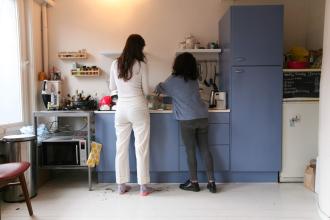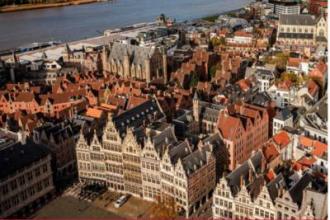Can my landlord install security cameras?
Your landlord is only allowed to install cameras if they are placed for a specific purpose, namely the prevention, determination or detection of crimes or nuisance or to maintain public order. Only for this purpose, he is allowed to collect, process or save camera images.
This law on the use of cameras by a landlord also states that images made by a security camera may by no means violate a person’s intimacy nor be used to gain information about the philosophical, religious or political interest, union affiliation, ethnical or social origin, the sexual life or health condition of a person.
Mandatory registration and notification
The landlord has to registrate his security camera via the online tool www.aangiftecamera.be before using them and has to renew this registration every year. He also has to keep a register of his image-processing activities. This register is on request by the data protection authority to check if the rules concerning privacy were followed.
The landlord has to indicate the use of a camera by placing a clear sign at the entrance of the building, because the filming of people without their previous consent is forbidden. When entering a building with this sign in the front, you give your implicit consent to be filmed. Under the sign, the personal information of the person in charge of the processing of the images has to be mentioned.
Other obligations for the landlord
- The landlord may only save the images for one month unless they could be used to prove a crime or nuisance or to identify a perpetrator, victim or witness. If this is the case, the landlord has to request an extension.
- The images filmed in a student house (which counts as a closed space, whether or not open to the public) may never be watched in real-time unless to immediately intervene in a crime, damage, nuisance or disturbance of public order. A control screen may be placed, public and in real-time, which spreads the images so the people entering can see themselves being filmed (like they use for example supermarkets)
- The landlord or the person acting under his authority has to take all the precautions to make sure the images are not available to other people.
- The images may, or in some cases have to, be transferred to the police or another judicial body when used as proof of a committed crime.
When the landlord doesn’t respect the rules, he will be fined. When someone gets filmed illegally, he can bring legal action against the owner of the camera and claim compensation for the violation of his privacy.


